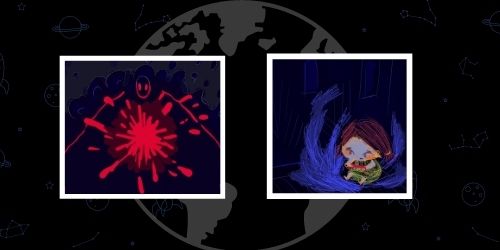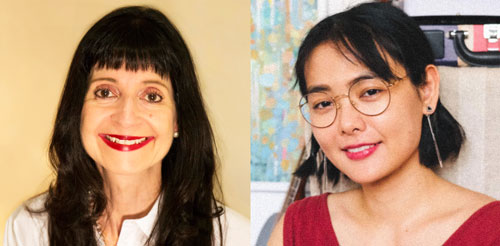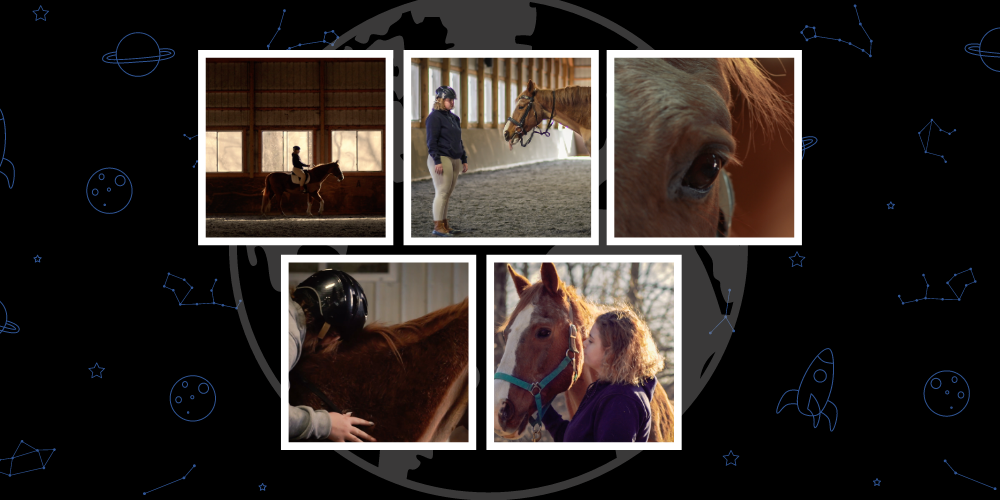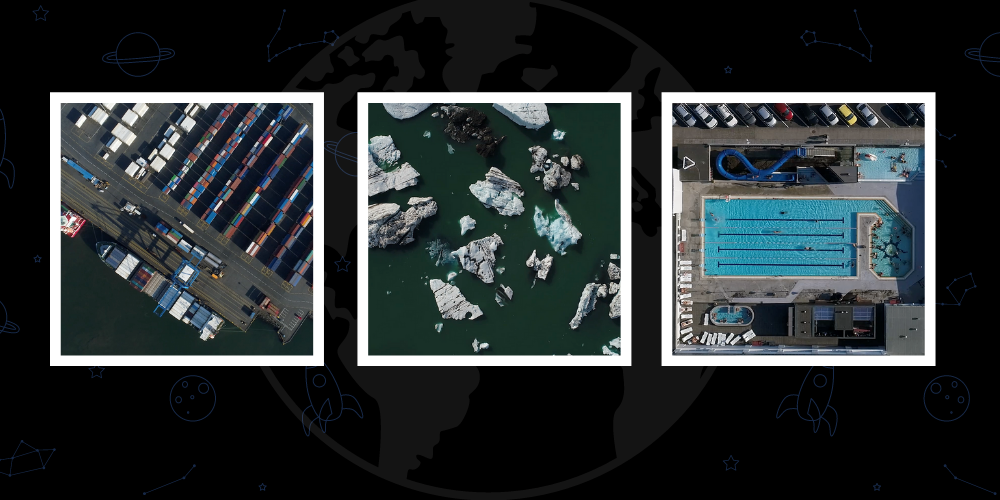This month on the Planet Classroom Network, audiences can screen Shadow, a stunningly animated, experimental story by filmmaker Morning M. Wu. The work is a visual experience of lyrical expressions that illustrate many of the struggles and journeys everyone can relate to at some point in life. Shadow was nominated for Best Animation by the Paris Art and Movie Awards and the film was also an Official Selection for NFFTY.
The Global Search for Education is pleased to welcome Director Morning M. Wu.
I really enjoyed the originality of the concept of your film. What inspired your creative process for this story?
My film, Shadow, originated from a personal place, it came from fear. It was at a time that I felt lost and afraid, that I was very unsure of myself. I always believe that human emotions are universal. The fear when a child feels unloved, the fear when the world tells someone their dreams are unachievable, and the fear I feel when I’m doubting myself, it’s the same fear. I wanted to create something that visualized the fear, and that’s how the shadowy creatures came to life. And by crafting the story over six months, Shadow came together.
Your story is centered around the “journey” of children. How do you believe that childhood can shape and form us into the adults we are today?
Childhood is the most influential stage of life. Most of my understanding of emotions, of people, and of almost everything, came from childhood. It was the first time that we met the world, and I believe that first experience will continue to influence us consciously and subconsciously throughout adulthood. But I also believe that every adult is still a child at heart, and I would like to create stories that will remind adults to protect that child.
What are the main influences for your art style and your approach as an artist to storytelling?
I love storytelling. I grew up with books, folk tales and children’s literature from around the world, and I love anything that presents a good story. As much as I enjoy traditional storytelling, I also have been drawn to experimental and abstract concepts as well, so I have been exploring the ways to blend both storytelling styles in my film. As for my art style, I would say that I change my visual designs depending on the story, as story to me is the most important part of a film; it’s the center, and everything else is to enhance the center. Different stories will call for different art styles. I studied visual art, and understanding art history is very helpful when it comes to designing the looks for animated films. For Shadow, I referenced one of my favorite art styles, impressionism, as the starting point, and everything began from there.
What are the main takeaways that you want your audiences to have after viewing Shadow?
I always like to think that it’s up to the audiences to interpret a story, so here are my takeaways from Shadow. I know that this has been said so many times, but I still want to emphasize that love and support can help anyone break through anything. And it’s okay to be afraid, everything will be okay as long as there’s love and support from either yourself or your loved ones. And I hope that Shadow will spark some positivity in its viewers.
C.M. Rubin and Morning M. Wu.
Don’t Miss Shadow, a stunningly animated, experimental story by filmmaker Morning M. Wu, now screening on the Planet Classroom Network.







Recent Comments